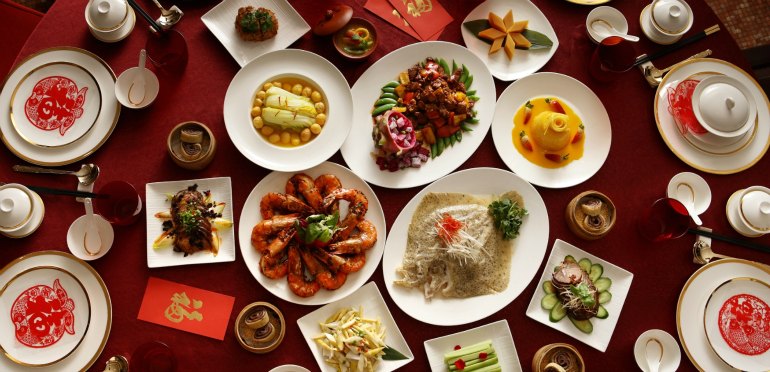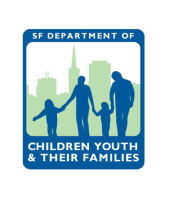Hello and welcome back to Learning My ABCs! Today we will be talking about everybody’s favorite topic: food. Food is everything in Chinese culture. There is an old Chinese saying that goes ‘民以食为天,’ which directly translates to ‘the Chinese people consider food to be as important as the sky (also very important in Chinese culture)’.
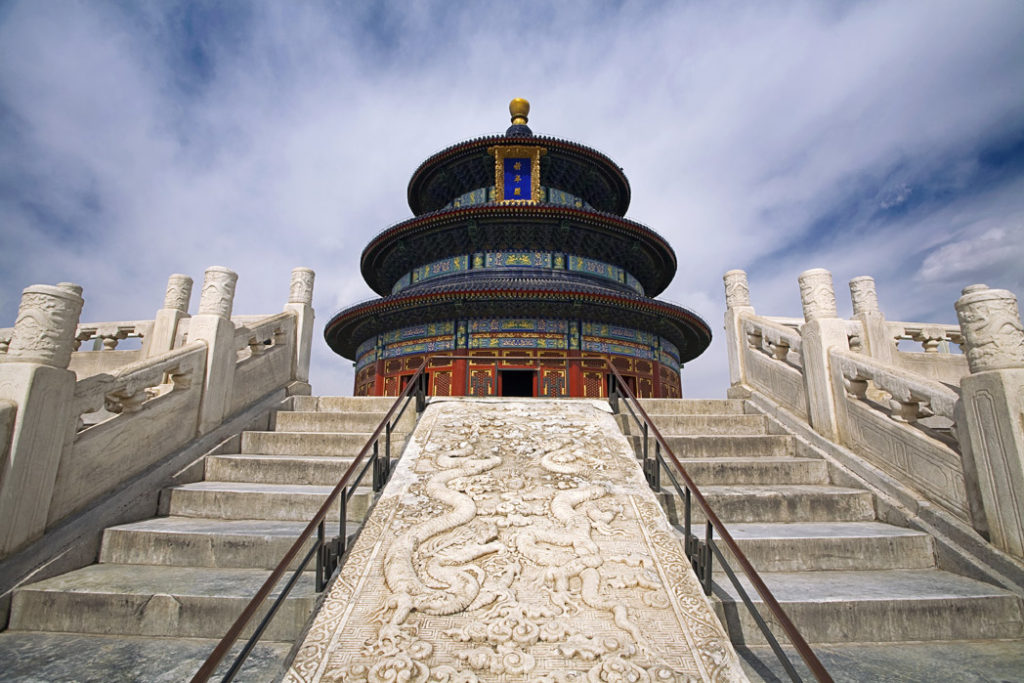
Food Means Love
I’ve often wondered why I’ve never heard the words ‘我爱你’ (I love you) being exchanged between my family, or why at the end of a phone call with my grandma or at the end of the day, I’ve never felt the urge to say ‘I love you’ to the people who matter the most to me. I do love them, and I’m sure they love me, but even the thought of saying those three heavy words just feels awkward. It just doesn’t sit well in conversations. The plain truth is that the universal custom of saying ‘I love you’ to each other, just isn’t the social norm in Chinese culture. Instead, we express our love by asking, “Have you eaten yet?”
All I can say is that it makes sense. They say show, don’t tell, right? In Chinese culture, asking if you’ve eaten shows that you care about the health and well-being of your significant other. That’s why every time I call my grandparents in China, it’s the second they ask after the standard, “How are you?” It’s not like they can feed me through the phone if I’m hungry, but it’s the fact that they care if my stomach is full, that shows me that they love me.
Tip: it’s also polite to ask this question when you meet up with a friend, or if someone comes over to your house. It’s almost like a greeting, in Chinese culture. The polite reply is “Yes, I have, thank you.” (Even if you haven’t! Don’t make them dote over you).
Food has Power
Chinese people eat during all occasions, whether it be sad or happy. But for each occasion, there are different customary foods that we are supposed to eat in conjunction with the situation. Eating certain foods promises an auspicious wish, be it longevity or wealth, and well, let’s just say, Chinese people can be very superstitious.
Weddings
Seeds (子 zi) correspond to ‘bearing many children,’ since this character is the same character used in the phrase 孩子 (haizi) meaning children
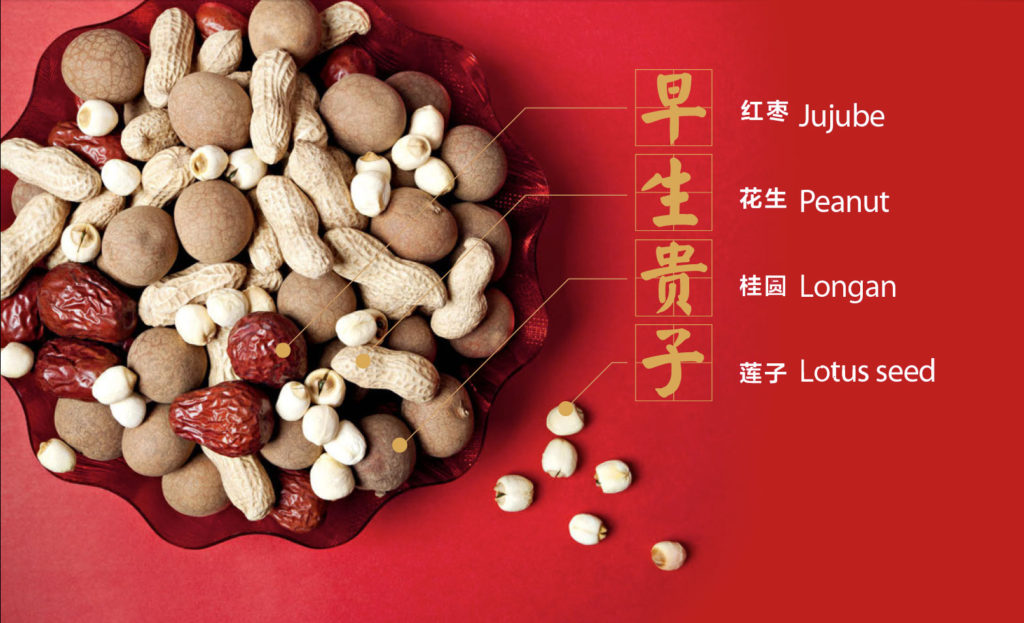
Birthday Celebrations
Noodles are a must! They symbolize having a long life because noodles are long! The longer the noodle, the longer you will live.
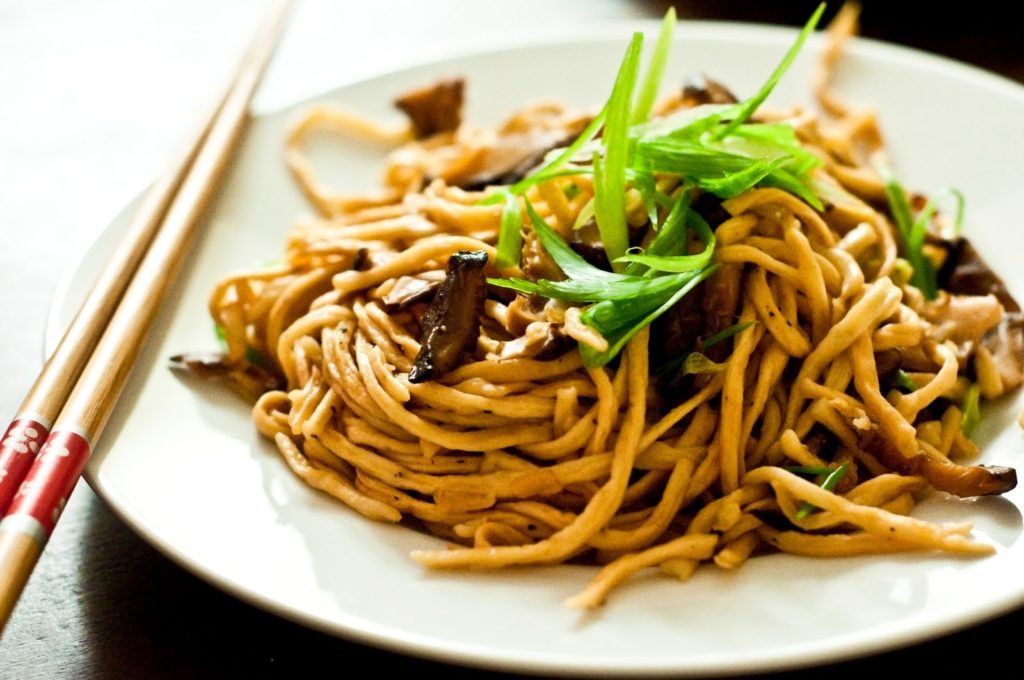
Peaches are also related to longevity. The belief is based on a myth about a sacred peach garden in heaven that the Queen Mother of the West would request peaches from to serve for her birthday celebration. One bite of a peach from the sacred garden meant immortality.
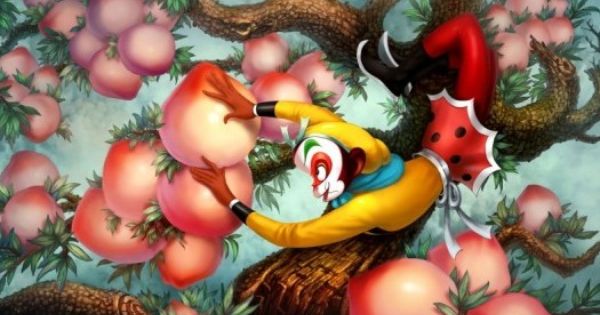
Baby Showers/ Celebrating the Birth of a Baby
Eggs are suggestive of fertility. Parents give chicken eggs to their friends and family to announce the birth of their baby.
Food during Holidays
Food is the basis of many Chinese holidays. Since the purpose of most of them is to spend time with family, what better way to catch up with family than to sit down and bond over a nice family dinner?
Lunar New Year
Fish (鱼): The pronunciation of fish in Chinese is similar to the Chinese word that means abundance (余). There is a saying in Chinese that goes 年年有余, which wishes a family surplus every year. It is believed that by eating fish during Chinese New Year, the family will be ensured prosperity.
Oranges/Tangerines: the pronunciation of the word for both orange and tangerine are homonymous with the words that mean luck and wealth, respectively. Not to mention the nice golden color of these fruits.
Dumplings mean wealth because of their traditional gold/silver ingot shape
Year Cake means increasing prosperity because the name sounds like a phrase in Chinese that means ‘yearly increase’
Candy symbolize the wish for sweetness in one’s life
Dragon Boat Festival
Sticky Rice or Zongzi (or as I like to call them, Chinese Tamales) is eaten every fifth day of the fifth month of the lunar calendar. It is meant to commemorate a great patriotic poet in ancient China called Qu Yuan. Legend says, he committed suicide in a river and locals tried to save his body from being eaten by monsters in the river by throwing zongzi and paddling in their dragon boats to distract the monsters.
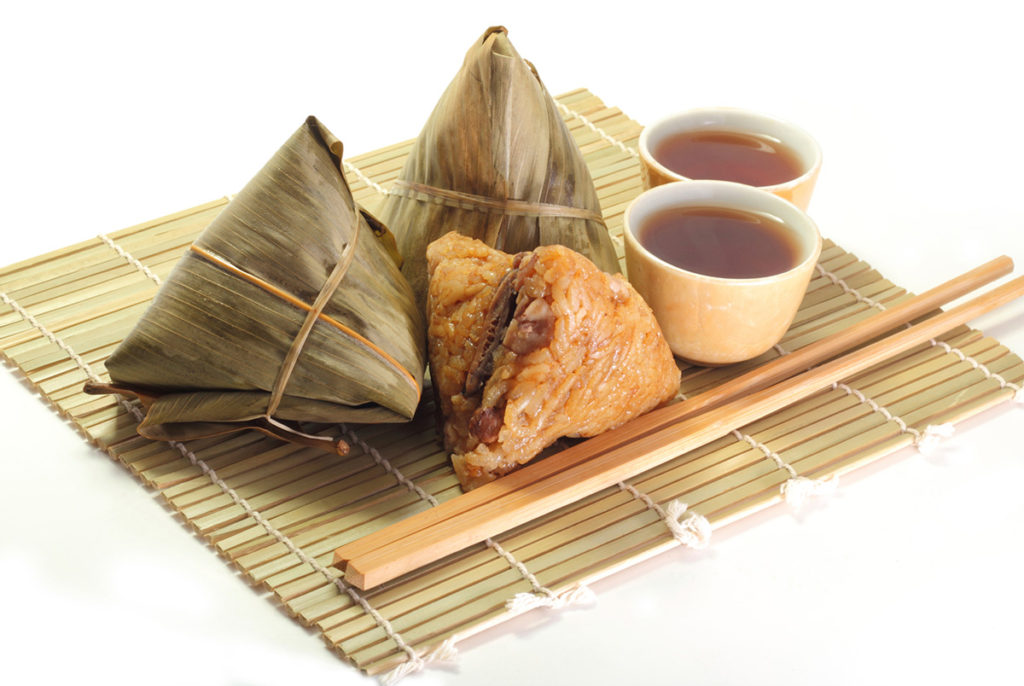
Mid-Autumn Festival
Mooncakes stand for family unity because they are round like the full moon.
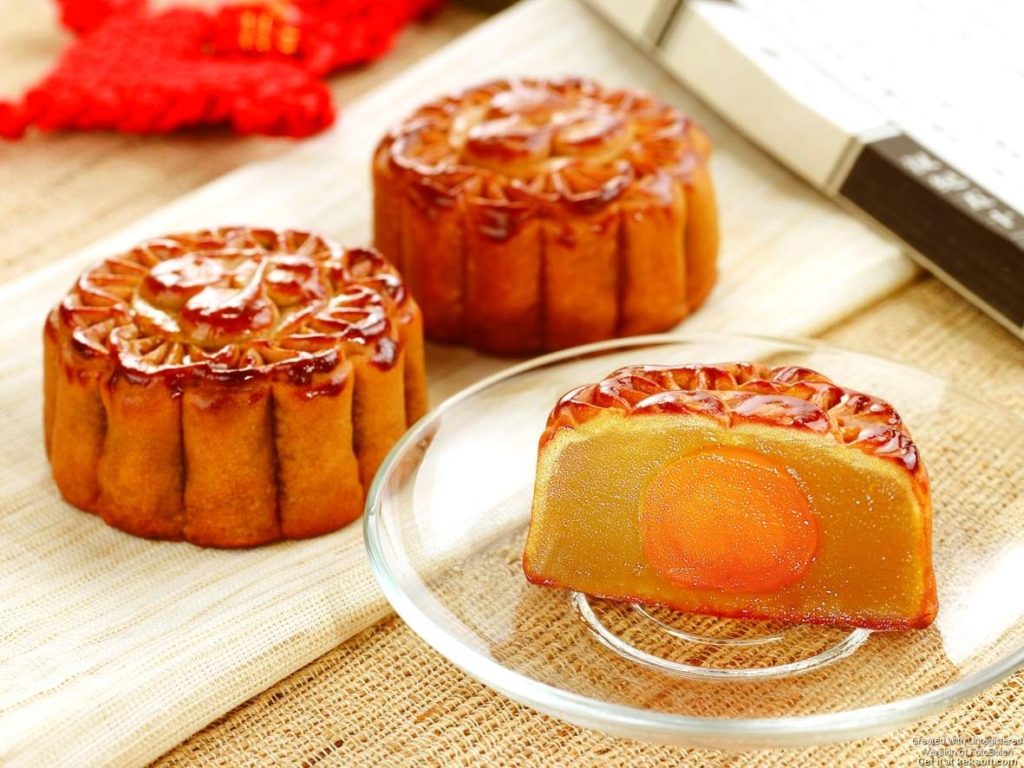
To summarize: Food is Love. Food is Life.
Thanks for Learning My ABCs with me. See you next time!

